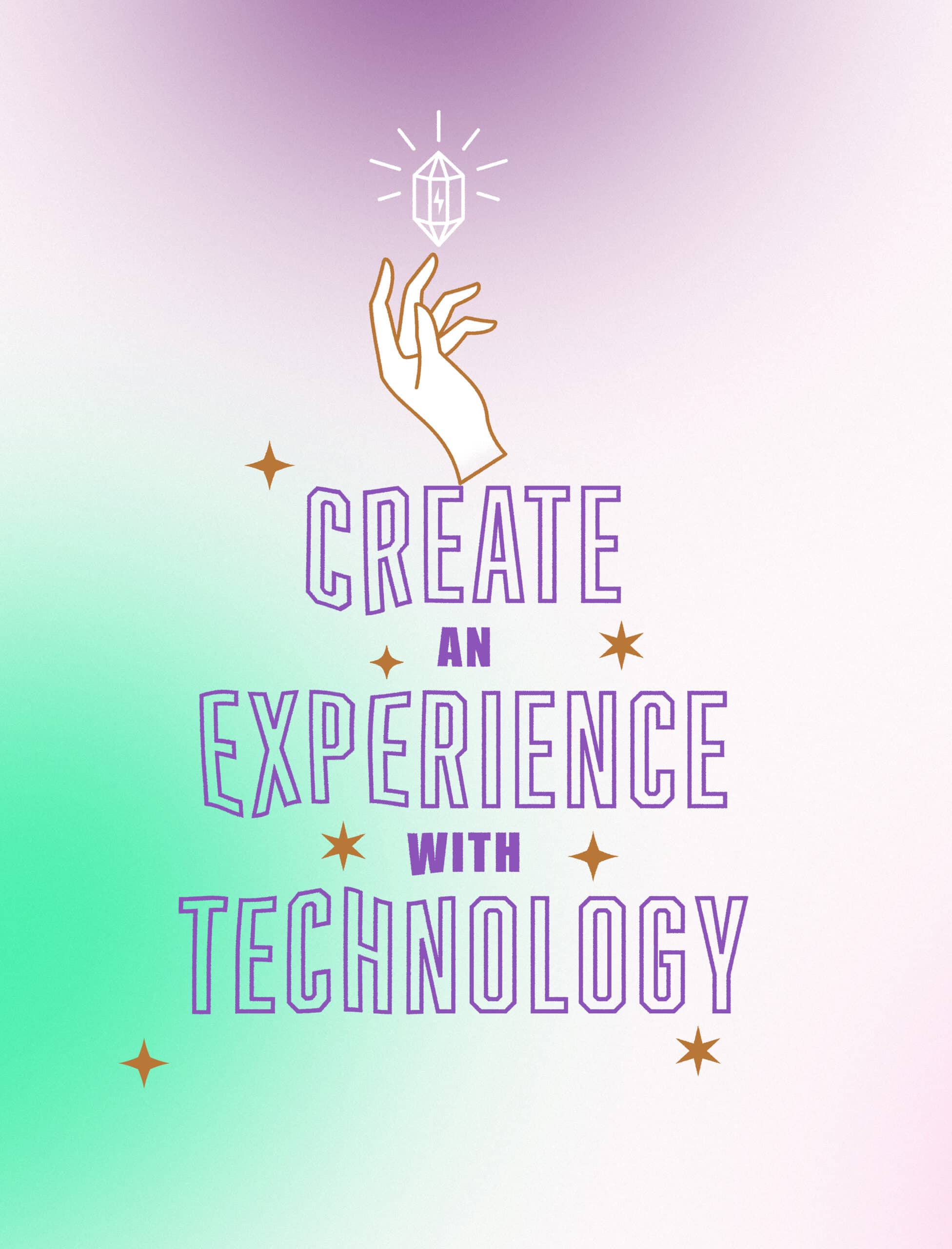Create an Experience with Technology

i had a teacher that once told me long ago, “if you’re not changing, you’re dying”
As a result, I have always been sensitive to the number of changes that are happening in the world around me – and they are constant.
My role at Leap Group as the Director of Software Engineering allows me to see firsthand how quickly technology changes. In short, technology has raised the bar to way we experience the world, ranging from simple monetary transactions to immersing ourselves in the world of AR and VR. It enables us and therefore allows us to use our imagination to not only live out new experiences, but also create those we might not otherwise have in the real world.
At the end of the day, technology reflects our visionary expectations, and those expectations play out in the way we, as everyday people, live our daily lives.
Simply put, while using technology, we can experience a world of things we were unable to even comprehend 10 years ago. It brings us closer through the use of the Internet and video conferencing. It makes us feel safe through the use of real-time detection security and backup cameras on our vehicles.
In fact, I recall a day in particular just a few years ago this notion really hit home for me. I was driving home from work, when I heard a song on the radio I liked, but I had no idea what the title to the song was or who sang it. I immediately popped out my cell phone and used an application to identify the artist and title.
Once identified, the application asked if I would like to purchase the song for a nominal price. I said yes, and within one minute I was streaming the song on my car stereo via Bluetooth. This was a song I had never heard in my life, and it was now streaming in HD on my car stereo.
While this scenario may seem almost commonplace today, this quintessential moment got me thinking about the sequences of technology we use daily that have changed the way we view the world. Wireless technology, for example – both short-range and long-range – has bridged so many things in our world, giving us more real-time experiences.
The fact is, we’re only scraping the surface of all the applications of this science. In fact, in nearly any place where there is a barrier to communication, a smartphone can bridge that gap.
All of the technology needed to create even more new experiences is there. The pieces just haven’t been assembled yet. Whether it’s exploring our world in 3D adaptations like Google Maps, simulating a flight or a surgery using Virtual Reality, or simply applying multiple technologies all at once – we have the power to peer into and shape the world of tomorrow.
It starts with an architectural concept. Once that’s constructed, it can be consumed by any number of interfaces, whether it’s a website, a mobile application or, more recently, a progressive web application.
And then once we have it all in place, there is the data – so much data to reflect our experiences. This is an area that was neglected a decade ago, and some continue to neglect today. It essentially tells us what to do next, whether it means changing the existing architecture or building something entirely new and different.
Of course, for every “ying” there’s a “yang.” And for every evolution there’s a revolution. I call those hackers.
As technology broadens our world view and caters to our senses, there are those looking to capitalize on something a little less benevolent. It can start with something seemingly benign, but can easily surpass the worst of the worst.
One of my son’s teachers told me the story of student who renamed their video conferencing profile to “Connecting…” and closed the shutter on their camera — all while in the midst of the COVID-19 pandemic, when a large percentage of institutional learning was (and still is) experienced from the comfort of home. It was a simple hack, that allowed the student to experience something much different, enabling them to revolt and essentially buck the system while the other students remained captive.
While this may seem sort of comical, it can easily curtail much further to reflect a far worse part of the human spirit. It’s unfortunate, but we have leveraged the same technology that allows a surgeon to perform a rhinoplasty from a different continent or a family to remain connected when they live thousands of miles apart, to drive technologies like the dark web, and provide platforms for online bullying or online predators. In its ever-changing and ever-growing landscape, technology gives us the power to experience it all.
At the end of the day, technology reflects our expectations, and those expectations play out in the way we ¾ as everyday people – experience the world in which we live. Be a visionary. Be an agent of change. Create an experience with the tools you already have.